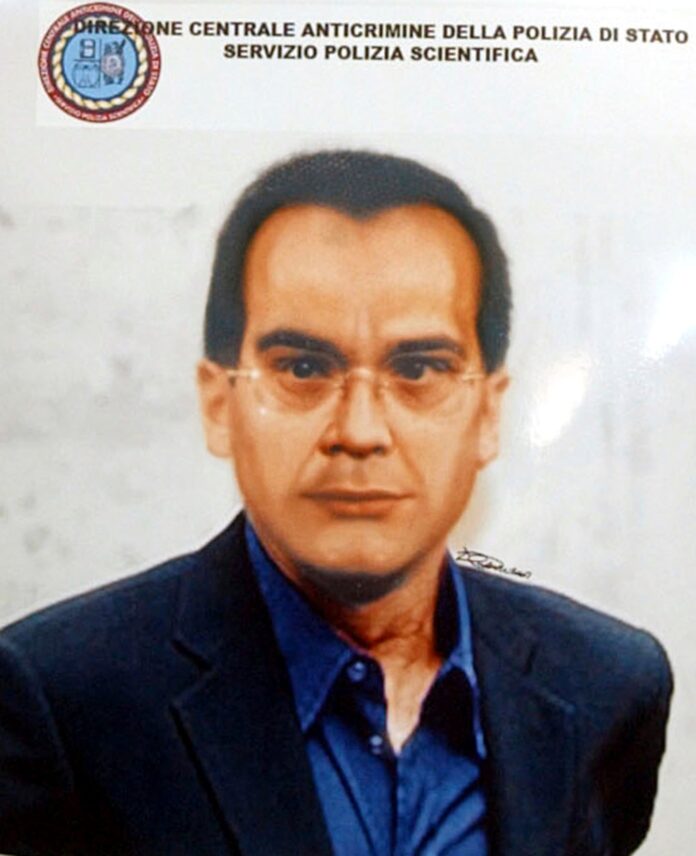Reputed by investigators to be one of the Mafia’s most powerful bosses, Mr. Messina Denaro had been living while a fugitive in western Sicily, his stronghold, during at least much of his 30 years of eluding law enforcement thanks to the help of complicit townspeople. His need for colon cancer treatment led to his capture on Jan. 16.
Investigators were on his trail for years and had discovered evidence that he was receiving chemotherapy as an outpatient at a Palermo clinic under an alias. Digging into Italy’s national health system database, they tracked him down and took him into custody when he showed up for a treatment appointment.
His arrest came 30 years and a day after the Jan. 15, 1993, capture of the Mafia’s “boss of bosses,’’ Salvatore “Toto” Riina in a Palermo apartment, also after decades in hiding. Mr. Messina Denaro himself went into hiding later that year.
While a fugitive, Mr. Messina Denaro was tried in absentia and convicted of dozens of murders, including helping to plan, along with other Cosa Nostra bosses, a pair of 1992 bombings that killed Italy’s leading anti-Mafia prosecutors — Giovanni Falcone and Paolo Borsellino.
Prosecutors had hoped in vain he would collaborate with them and reveal Cosa Nostra secrets. But according to Italian media reports, Mr. Messina Denaro made clear he wouldn’t talk immediately after capture. After his arrest, he began serving multiple life sentences in a top-security prison in L’Aquila.
His silence hewed to the examples of Riina and of the Sicilian Mafia’s other top boss, Bernardo Provenzano, who was captured in a farmhouse in Corleone, Sicily, in 2006, after 37 years in hiding — the longest time on the run for a Mafia boss. Once Provenzano was in police hands, the state’s hunt focused on Mr. Messina Denaro, who managed to elude arrest despite reported sightings of him.
Dozens of lower-level Mafia bosses and foot soldiers did turn state’s evidence following a crackdown on the Sicilian syndicate sparked by the assassinations of Falcone and Borsellino, bombings that also killed Falcone’s wife and several police bodyguards.
Among Mr. Messina Denaro’s multiple murder convictions was one for the slaying of the young son of a turncoat. The boy was abducted and strangled, and his body was dissolved in a vat of acid.
Mr. Messina Denaro was also among several Cosa Nostra top bosses who were convicted of ordering bombings in 1993 that targeted two churches in Rome, the Uffizi Galleries in Florence and an art gallery in Milan. A total of 10 people were killed in the Florence and Milan bombings.
The attacks in those three tourist cities, according to turncoats, were aimed at pressuring the Italian government into easing rigid prison conditions for convicted mobsters.
When Mr. Messina Denaro was arrested, Palermo’s chief prosecutor, Maurizio De Lucia, declared: “We have captured the last of the massacre masterminds.”



